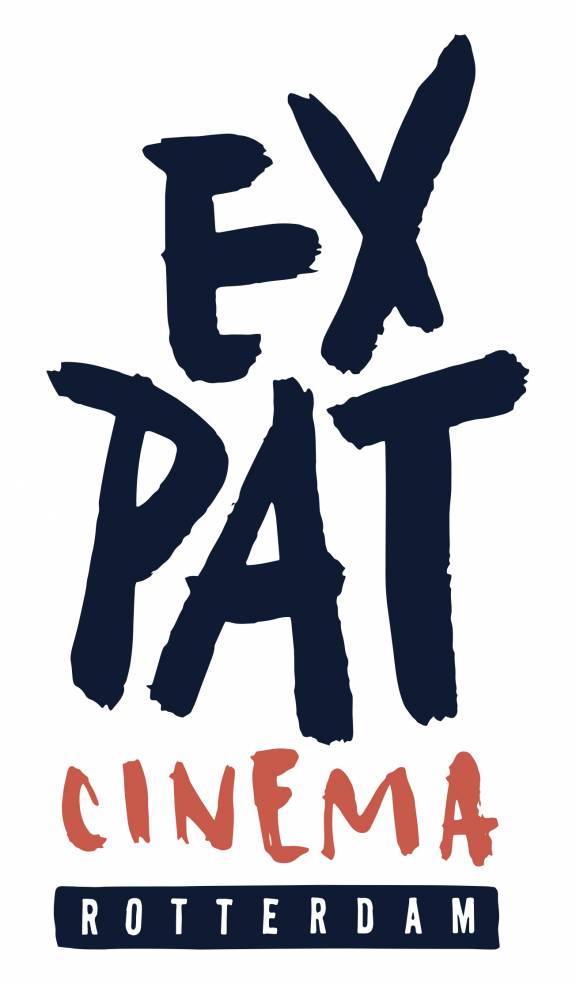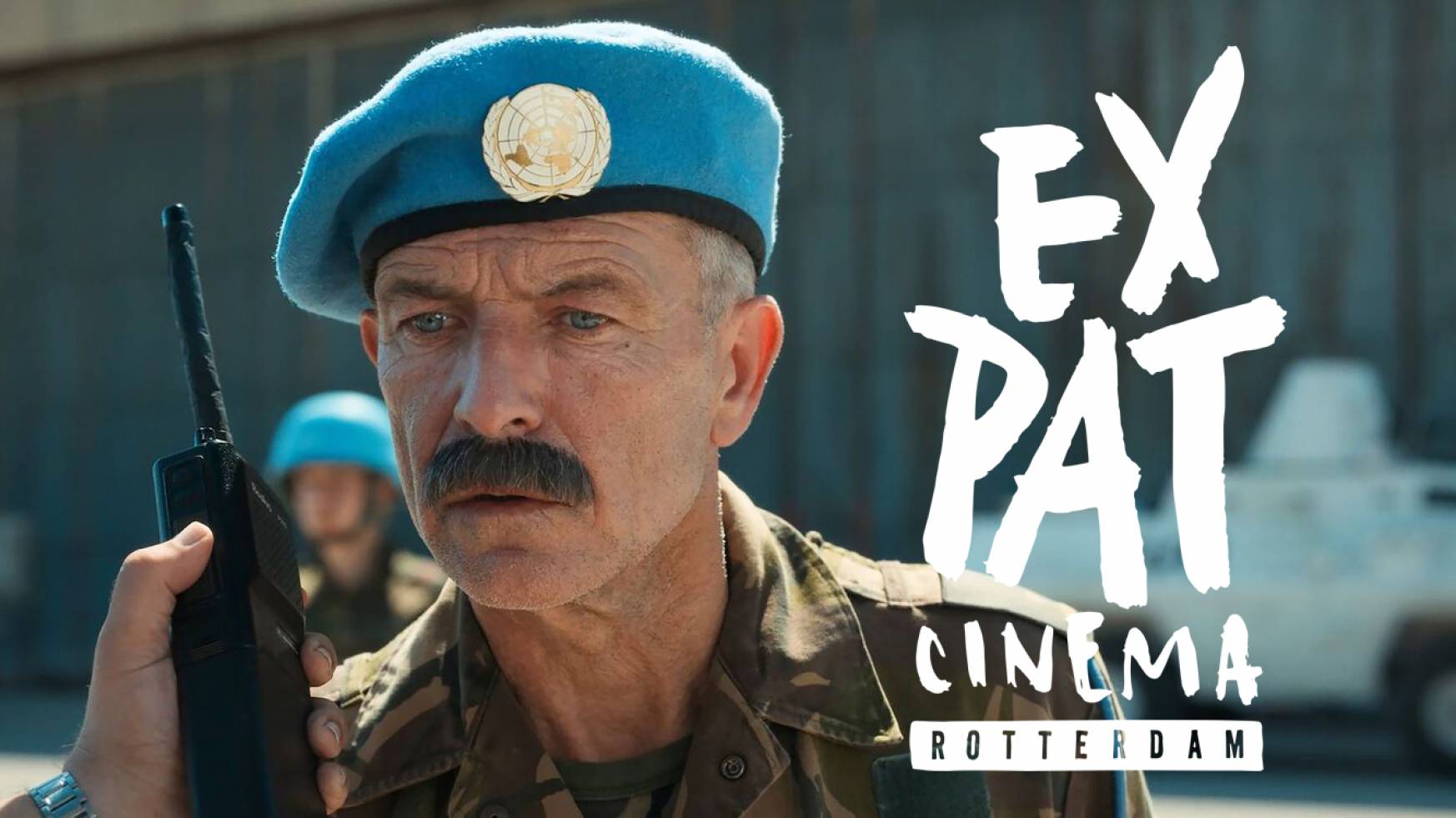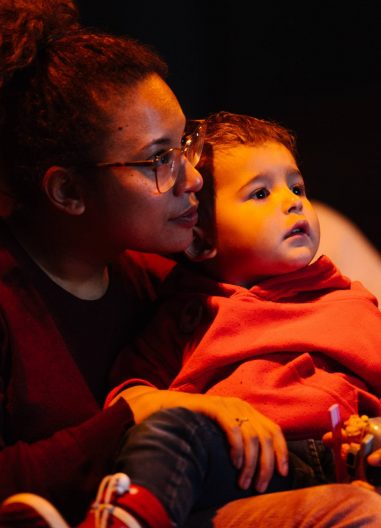Quo Vadis, Aïda? - Expat Cinema Rotterdam
On July 11th, 1995, the enclave of Srebrenica fell, 26 years ago. In the days that followed, a genocide took place in which more than 8,000 men and boys were murdered. The Rotterdam based painter Peter Koole has since made a large series of paintings about Srebrenica. LantarenVenster is exhibiting a total of seven works from the collection in collaboration with CBK Rotterdam. The works will be exhibited from June 24th at the window side of our building.
“Don’t shoot the piano player” were the famous words uttered by Dutchbat commander Thom Karremans before he toasted with Serbian general Ratko Mladić in 1995. Shortly afterwards, Mladić’s army committed genocide on the Muslim population of Srebrenica, killing over 8,000 people.
This moving, urgently needed drama by Jasmila Žbanić meticulously dissects how this conflict went from bad to worse. Žbanić’s previous films studied the lasting effects of the genocide on contemporary Bosnia and Herzegovina. Now, for the first time, the director focuses on the events themselves. The fictional Aida (Jasna Đuričić), an interpreter at the Dutch UN base in Srebrenica, feels torn. She has to translate Dutch orders for the locals, yet had lost faith in the UN soldiers’ ability to de-escalate the conflict.
Text: IFFR
Kies tijdstip
- Film
- filmspecial
On July 11th, 1995, the enclave of Srebrenica fell, 26 years ago. In the days that followed, a genocide took place in which more than 8,000 men and boys were murdered. The Rotterdam based painter Peter Koole has since made a large series of paintings about Srebrenica. LantarenVenster is exhibiting a total of seven works from the collection in collaboration with CBK Rotterdam. The works will be exhibited from June 24th at the window side of our building.
“Don’t shoot the piano player” were the famous words uttered by Dutchbat commander Thom Karremans before he toasted with Serbian general Ratko Mladić in 1995. Shortly afterwards, Mladić’s army committed genocide on the Muslim population of Srebrenica, killing over 8,000 people.
This moving, urgently needed drama by Jasmila Žbanić meticulously dissects how this conflict went from bad to worse. Žbanić’s previous films studied the lasting effects of the genocide on contemporary Bosnia and Herzegovina. Now, for the first time, the director focuses on the events themselves. The fictional Aida (Jasna Đuričić), an interpreter at the Dutch UN base in Srebrenica, feels torn. She has to translate Dutch orders for the locals, yet had lost faith in the UN soldiers’ ability to de-escalate the conflict.
Text: IFFR












